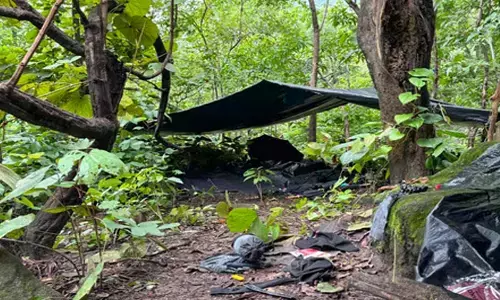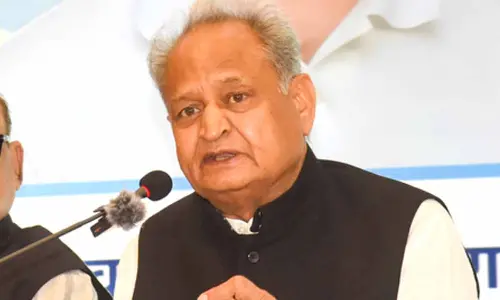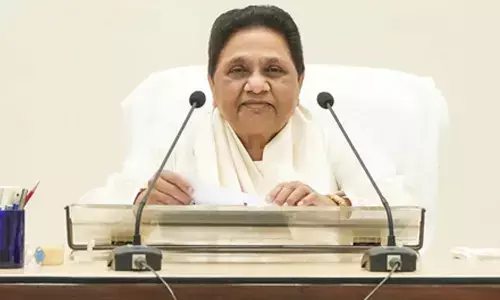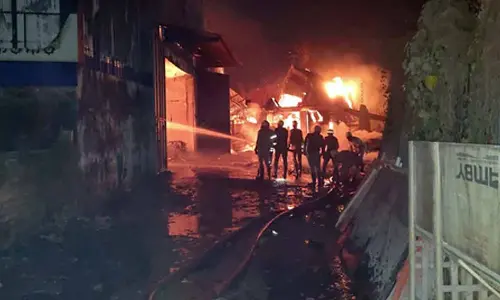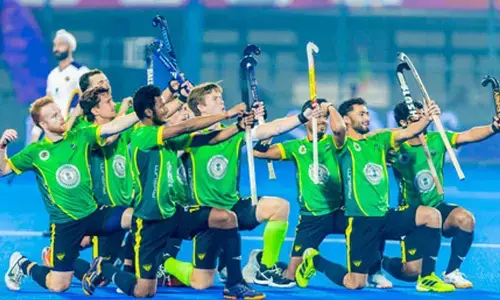Forget 'shaken, not stirred,' this is hardcore
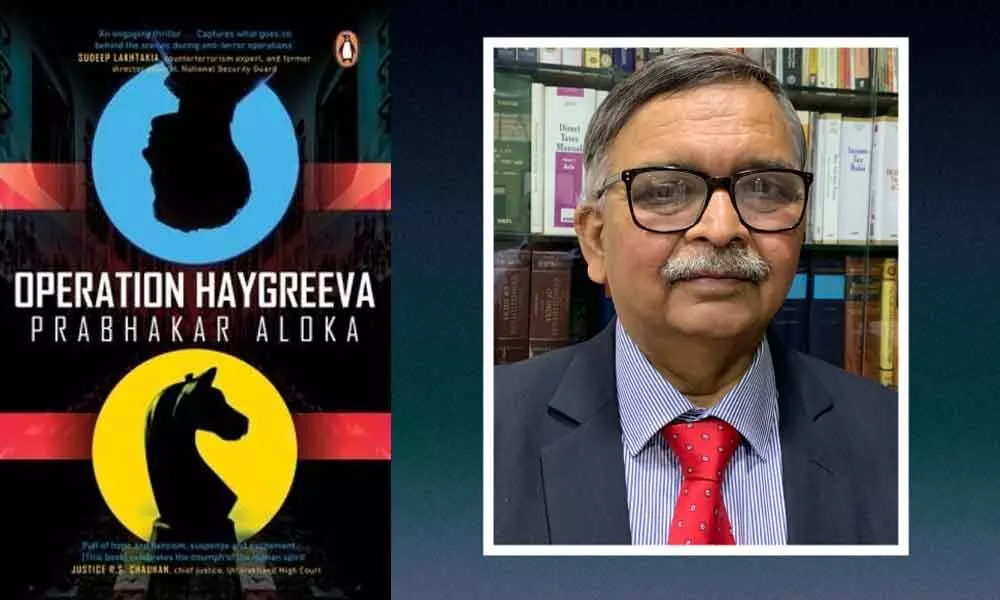
Prabhakar Aloka
In the last quarter of over 25 years experience in his line of work, he felt an acute need to unravel the enigma surrounding spy-craft.
In the last quarter of over 25 years experience in his line of work, he felt an acute need to unravel the enigma surrounding spy-craft. Considering the fact that their work has forever been 'viewed' in various ways -- the adventures of James Bond or Ethan Hunt, or demonizing by some as acts of exalted reprobates, author Prabhakar Aloka, whose debut book "Operation Haygreeva" (Penguin) recently hit the stands says that the authentic picture of spying as an instrument of providing security to common man is lost in these such descriptions.
"My conviction to write about spy work was further bolstered by Toni Erskine's essay in which he quoted Thomas Hobb's description of agents as 'those who exercise sovereign power as rays of light to the human soul'. This realisation provoked to write the book which opens with the anxiety of a common housewife who is worried about the safety of her husband against terrorist attacks and ends with her satisfaction over neutralisation of the terror module. It took around one year to crystallise my thoughts and about 18 months to write it," the former intelligence officer tells.
The book focuses on a multi-city intelligence operation after a series of bomb blasts across Mumbai and Varanasi, foreign tourists being kidnapped by a home-grown terror outfit and an imminent threat on the opposition party leader touted to be at the cusp of forming a new government.
As the Chief of the highly covert C3 unit of the Intelligence Bureau, Ravi Kumar leads a team of three novices from the academy guiding them through the tricks of the trade and his unorthodox methodology as they uncover a plot that is much larger and threatens the very fabric of the country's peace and stability.
Even as the Hindi film industry woke up to the existence of Intelligence Bureau (IB) and Research and Analysis Wing (R&AW) a decade and a half back, the author smiles that the "proportion of truth and creative freedom varies from one narrator to the other", says Aloka who has served in counter-terror, counter-insurgency and anti-Naxalite theatres.
Maintaining that secrecy is an essential ingredient for unravelling deliberately hidden facts, Aloka adds that intelligence work consists of process and outcome. "For sustained intelligence work, it is essential that the process remains under wraps and the outcome is not traced back to the agency. The outcome is achieved by the Police and other agencies. Indian Constitution mandates states to carry out Law and Order, and policing functions. Intelligence assists police forces in carrying out those functions," he says.
Talking about the eight episode OTT series planned on the book, the author says that it projects shows the triumph and turbulence a spy has to face in his mission. "It attempts to project the psychological disruptions a spy has to undergo in maintaining his cover."
Mention that unlike the west, the spy genre has not really caught up with Indian publishers, and the author feels that it has not got its due universally despite being the oldest profession in the history of organised society.
"Spy work, in its myriad manifestation, has been used to defend the realm or the sovereign. Intelligence historians have pointed out that intelligence as an instrument of national and human security is a missing component in the historiography of nations and states.
It is primarily considering the requirement of secrecy to protect processes. Evolution in warfare that has transformed the battleground from physical to cognitive space calls for opening up of the intelligence cycle without compromising the process. It High time that spy-work is included in historiography," he concludes.








